I’ve been doing a lot of physical activity recently, running, cycling and swimming in preparation for a triathlon in a few weeks’ time. It’s tricky sometimes fitting it all in around my working hours. But I enjoy it, and so I make time for it.
Making time to write
I believe writing’s a form of exercise too. You get better as you practice, learn new skills, gain confidence, or just a better understanding of what works and what doesn’t.
So I make time for writing too. Time to explore writing outside of work commitments. Time to try new things and to just enjoy writing for what it is – an important part of being me.
Learning by imitating
Most writers start out mimicking their heroes. I know I did. Somewhere in a box in the attic, there’s an exercise book filled with adventure stories in the style of C.S Lewis and tales of knights on horseback, battling dragons.
Reading was how I first learnt the elements of stories, about heroes and conflicts, quests and returns. Writing my own taught me about structure – beginnings, middles and endings.
Gathering skills
I learned techniques, hints and tips to bring my writing to life in English lessons. Using all the senses, and the power of metaphor and simile, and more about structure, rhythm and making words dance through poetry. They are techniques that serve me well as a business writer and copywriter.
At University one of my tutors used to set tasks to write essays in the style of the works we were studying – Philip Sidney, John Milton, Alexander Pope. That may sound like a cruel and unusual form of undergraduate torture. But in mimicking the rhetoric, or manipulating my thoughts into rhyming couplets, I became even more conscious of the skill and technique of the writers, and I understood their work at a deeper, more personal level. Of the hundreds of essays I wrote in my University terms, those are the only ones I remember.
Adopting voices
As a copywriter, the ability to adapt my writing to different styles is a very useful skill. It helps me sound like the brand or company I’m writing for.
But to make it sound authentic, it’s not really enough just to mimic. I believe you have to be able to add something of yourself. And in analysing the work of literary writers, I’ve learned to spot styles and forms that I can adopt and adapt in more commercial and contemporary writing.
How writing is like exercise
Running, cycling and swimming all take discipline and commitment if you want to improve. The same is true of writing.
Just as you don’t know how far or fast you can go until you really try, you’ll never realise your writing potential on a blank page – sometimes you just have to fill it.
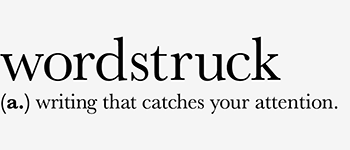

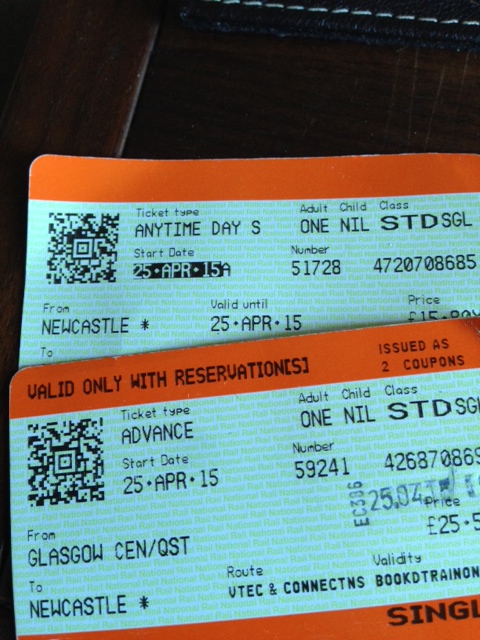
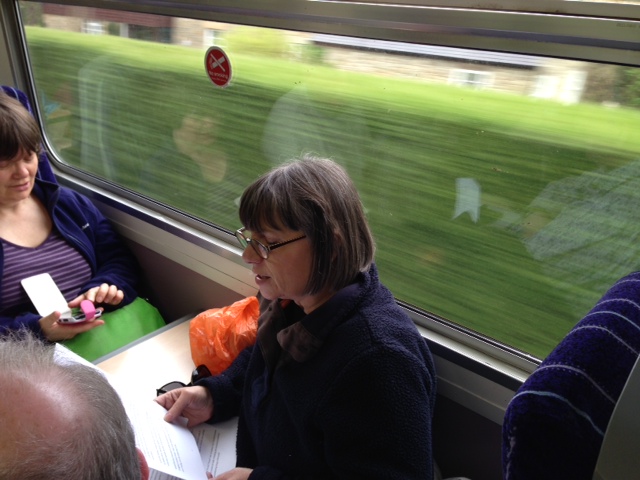

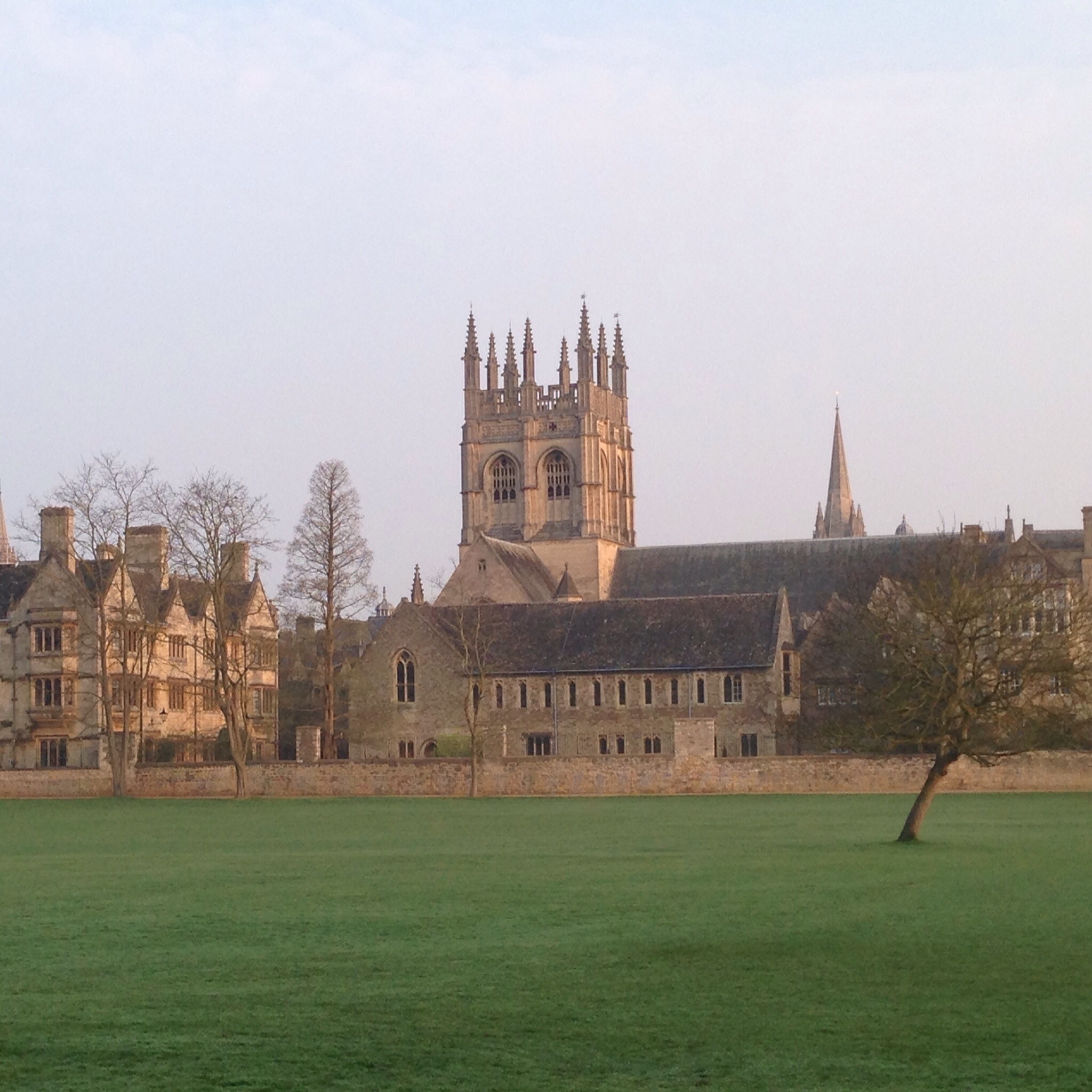

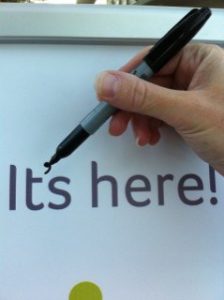 In business I often read factual reports, documents and insights that help me understand the subject that I’ll be writing about. My skill is to take those words and turn them into something that a customer will understand, and engage with – to make them think ‘oh, that’s just like me.’
In business I often read factual reports, documents and insights that help me understand the subject that I’ll be writing about. My skill is to take those words and turn them into something that a customer will understand, and engage with – to make them think ‘oh, that’s just like me.’